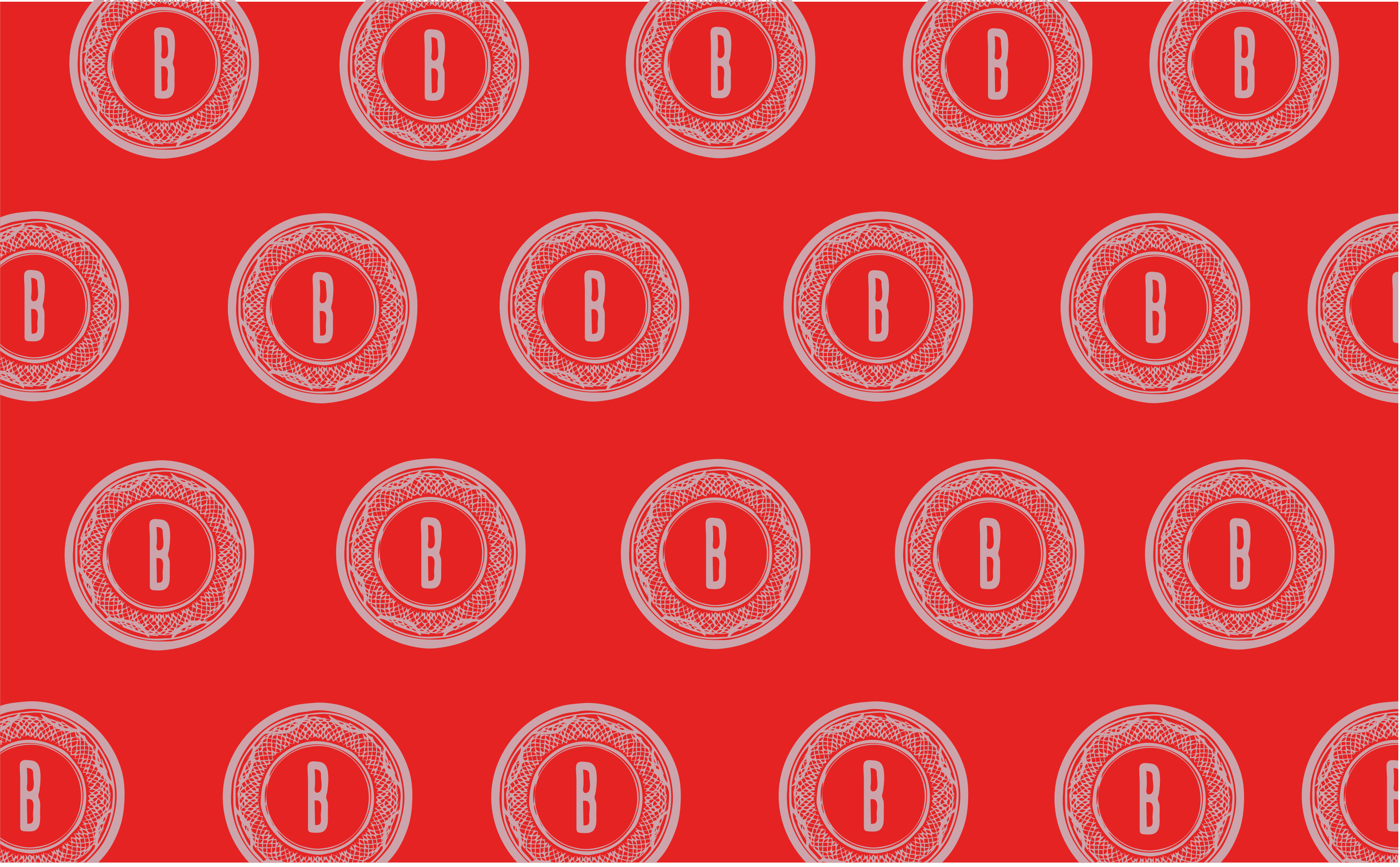

"It is no accident that this homeplace, as fragile and as transitional as it may be, a makeshift shed, a small bit of earth where one rests, is always subject to violation and destruction. For when a people no longer have the space to construct homeplace, we cannot build a meaningful community of resistance."
bell hooks
Twenty years ago, Anglo American, a large multinational mining company worth billions of dollars, began to divest from democratic South Africa. As part of the divestment Anglo decided to sell Boschendal, one of the oldest wine farms in South Africa. Along with the sale, more than 800 families of farmworkers were removed from the land. In efforts towards compensation, homes were built for some of the workers and Anglo donated two pieces of land to the black and brown people living in the Dwarsrivier valley. Despite the intentions behind the donated land, it has been the source of much conflict and contestation given the dire land insecurity in the valley.
The Dwarsrivier Valley Community Development Trust – consisting of representatives from the five villages in the valley – were elected to act as custodians of this donated land on behalf of the residents there. The aim was to increase social and economic opportunity for local brown and black communities who were left socially and economically devastated by apartheid. Over the years, the Trust stopped holding public meetings with beneficiaries. They increasingly acted like gatekeepers to the land. As a result, the plot was left vacant for more than a decade amidst a growing housing crisis.
Local community residents made numerous attempts to meet with the members of the Trust, but were ignored. Thus, on the back of a growing housing crisis during the COVID pandemic, the residents from the local communities decided to take matters into their own hands. In October 2020 some 500 people erected 200 shacks and occupied the land, naming it COVID. The local authorities, the police and a private paramilitary eviction unit tried to evict residents. In parallel, one of the remaining trustees approached the local municipal authority offering to donate the land to the municipality in an effort to erase debt the Trust had accrued over the years. The matter ended up in the High Court, which ruled in favor of the COVID land occupiers calling the eviction illegal. However, while the judgment still stands, it offers only precarious legal protection to the residents.
Buhle Booi, housing activist with Ndifuna Ukwazi, talking to Fellows and Alumni at Ithemba during the 2023 Alumni convening.
Buhle Booi, housing activist with Ndifuna Ukwazi, talking to Fellows and Alumni at Ithemba during the 2023 Alumni convening.
Throughout this time, Bertha had established a deep and years-long involvement with the COVID residents. That relationship created an opportunity for the residents and Bertha to talk deeply about how to support a land occupation and show that homeless people can create a living, vibrant community with the right support. This was the genesis of the ‘Land Dilemma Day’ in which Bertha saw an opportunity to bring the support and expertise of its activist and journalist Fellows to work directly and in-person with a living land occupation.
In 2023 the Bertha Retreat hosted the largest Bertha Challenge convening to date, bringing together activist and journalist Fellows and Alumni from across the world. During the convening Fellows and Alumni worked directly with COVID residents and activists to discuss a future development plan for this land. The remit was clear: the Bertha Challenge Fellows were not there to solve the problems for the community. Instead, they were there to lend ideas and solidarity.
As Meliny Swartz, from the Dwarsrivier Community Advice Office, put it, “We are not meeting with you people from overseas to fix our issues for us. We will do that ourselves, thank you. We are here to listen to what you do when you have no home and toilet and access to water.”
The convening provided an unprecedented opportunity: here were some 52 activists and investigative journalists whose work focuses on the politics and power of land and housing, food systems, water and the climate and ecological crises, the COVID residents and local activists all in one place.
Throughout this time, Bertha had established a deep and years-long involvement with the COVID residents. That relationship created an opportunity for the residents and Bertha to talk deeply about how to support a land occupation and show that homeless people can create a living, vibrant community with the right support. This was the genesis of the ‘Land Dilemma Day’ in which Bertha saw an opportunity to bring the support and expertise of its activist and journalist Fellows to work directly and in-person with a living land occupation.
Cape Town housing activist, Nkosikhona Swartbooi, speaking at the Land Dilemma Day, 2023 Alumni convening.
Cape Town housing activist, Nkosikhona Swartbooi, speaking at the Land Dilemma Day, 2023 Alumni convening.
In 2023 the Bertha Retreat hosted the largest Bertha Challenge convening to date, bringing together activist and journalist Fellows and Alumni from across the world. During the convening Fellows and Alumni worked directly with COVID residents and activists to discuss a future development plan for this land. The remit was clear: the Bertha Challenge Fellows were not there to solve the problems for the community. Instead, they were there to lend ideas and solidarity.
As Meliny Swartz, from the Dwarsrivier Community Advice Office, put it, “We are not meeting with you people from overseas to fix our issues for us. We will do that ourselves, thank you. We are here to listen to what you do when you have no home and toilet and access to water.”
2023 Bertha Challenge Fellow, Tharma Pillai, presenting at the Land Dilemma Day, 2023 Alumni convening.
2023 Bertha Challenge Fellow, Tharma Pillai, presenting at the Land Dilemma Day, 2023 Alumni convening.
The convening provided an unprecedented opportunity: here were some 52 activists and investigative journalists whose work focuses on the politics and power of land and housing, food systems, water and the climate and ecological crises, the COVID residents and local activists all in one place.
The ‘Land Dilemma’ day started with a panel of local housing activists, members of the Dwarsrivier Community Advice Office and COVID residents introducing the context of the land and the community that lives there. The Fellows were then split into groups and given a task:
“Create a fair and equitable land plan for this piece of land that is going to map out a way for it to be used by the community.”
The Fellows had five hours to work on their land plans while COVID residents moved between the groups so they could keep Fellows sharp about what was realistic and what was not within the resources at their disposal. The Bertha Challenge Fellows and Alumni were tasked with generating interesting and innovative ideas around occupation, civil disobedience and civil engagement, ownership, official engagement with local authorities and what models for land-tenure exist elsewhere in the world.
At the end of the discussion session each group presented their land plans, each with varied strategies as well as some wild suggestions, to tackle the issues being faced by COVID residents. Yaşar Adnan Adanali, a 2020 land and housing Bertha Challenge Fellow from Turkey, shared during the feedback session that activists in Turkey had found that a collective land-ownership structure was key “We recommend a social cooperative that can own the land and manage and construct houses AND ensure the kind of life that occupiers would like to live in the future. This is not mission impossible,” he said.
Tharma Pillai, a 2023 food systems-activist Fellow from Malaysia, told us how his group highlighted the importance of “collective stories and experiences and incorporating that into a strategy.” He continued “Like in Malaysia, corruption and mismanagement is rife. We think an undividable collective ownership model can be really great for this community but this is not common in South Africa and needs to be fleshed out,” Tharma reported back.
The ‘Land Dilemma’ day started with a panel of local housing activists, members of the Dwarsrivier Community Advice Office and COVID residents introducing the context of the land and the community that lives there. The Fellows were then split into groups and given a task:
“Create a fair and equitable land plan for this piece of land that is going to map out a way for it to be used by the community.”
The Fellows had five hours to work on their land plans while COVID residents moved between the groups so they could keep Fellows sharp about what was realistic and what was not within the resources at their disposal. The Bertha Challenge Fellows and Alumni were tasked with generating interesting and innovative ideas around occupation, civil disobedience and civil engagement, ownership, official engagement with local authorities and what models for land-tenure exist elsewhere in the world.
At the end of the discussion session each group presented their land plans, each with varied strategies as well as some wild suggestions, to tackle the issues being faced by COVID residents. Yaşar Adnan Adanali, a 2020 land and housing Bertha Challenge Fellow from Turkey, shared during the feedback session that activists in Turkey had found that a collective land-ownership structure was key “We recommend a social cooperative that can own the land and manage and construct houses AND ensure the kind of life that occupiers would like to live in the future. This is not mission impossible,” he said.
Tharma Pillai, a 2023 food systems-activist Fellow from Malaysia, told us how his group highlighted the importance of “collective stories and experiences and incorporating that into a strategy.” He continued “Like in Malaysia, corruption and mismanagement is rife. We think an undividable collective ownership model can be really great for this community but this is not common in South Africa and needs to be fleshed out,” Tharma reported back.
In the end, no matter the strategies suggested by the groups, each included:
Instituting a formal governance structure rooted in collective ownership to further legitimize the residents’ hold on the land – and importantly, to address and delegitimize the Trust’s authority.
Build infrastructure that focuses on access to food, water, sanitation and space to organize, to increase resident’s standard of living, as well as their safety and dignity.
And lastly, the crucial role of community mobilization and organizing.
The residents have now elected a leadership structure, renamed the land from COVID to Ithemba Labahlai (meaning Hope of our Valley), built 20 environmentally friendly toilets – which equates to one toilet per 25 people – erected three 5000 liter water tanks, built a container office space as a place to have meetings and for children to do their homework, and erected a solar panel to power wifi.
Thuto Teisi greeting the 2024 Bertha Challenge cohort in front of Ithemba's new welcome sign.
Thuto Teisi greeting the 2024 Bertha Challenge cohort in front of Ithemba's new welcome sign.
In the end, no matter the strategies suggested by the groups, each included:
Instituting a formal governance structure rooted in collective ownership to further legitimize the residents’ hold on the land – and importantly, to address and delegitimize the Trust’s authority.
Build infrastructure that focuses on access to food, water, sanitation and space to organize, to increase resident’s standard of living, as well as their safety and dignity.
And lastly, the crucial role of community mobilization and organizing.
Construction of new toilets in Ithemba. Credit: Ryan Taylor
Construction of new toilets in Ithemba. Credit: Ryan Taylor
The residents have now elected a leadership structure, renamed the land from COVID to Ithemba Labahlai (meaning Hope of our Valley), built 20 environmentally friendly toilets – which equates to one toilet per 25 people – erected three 5000 liter water tanks, built a container office space as a place to have meetings and for children to do their homework, and erected a solar panel to power wifi.
These accomplishments came directly from the Land Dilemma Day. Using the knowledge and guidance gleaned from the solidarity space that was created during the day, the residents of Ithemba organized within the community to elect a leadership structure that would have a mandate to work with Bertha. This elected leadership structure was one of the most important features of the work that has been done. It ensured that all actions being taken to develop the land and support the residents were sanctioned and agreed upon by every adult resident within the community. It transformed Ithemba into a cohesive collective able to take agency for their own living environment.
These accomplishments came directly from the Land Dilemma Day. Using the knowledge and guidance gleaned from the solidarity space that was created during the day, the residents of Ithemba organized within the community to elect a leadership structure that would have a mandate to work with Bertha. This elected leadership structure was one of the most important features of the work that has been done. It ensured that all actions being taken to develop the land and support the residents were sanctioned and agreed upon by every adult resident within the community. It transformed Ithemba into a cohesive collective able to take agency for their own living environment.
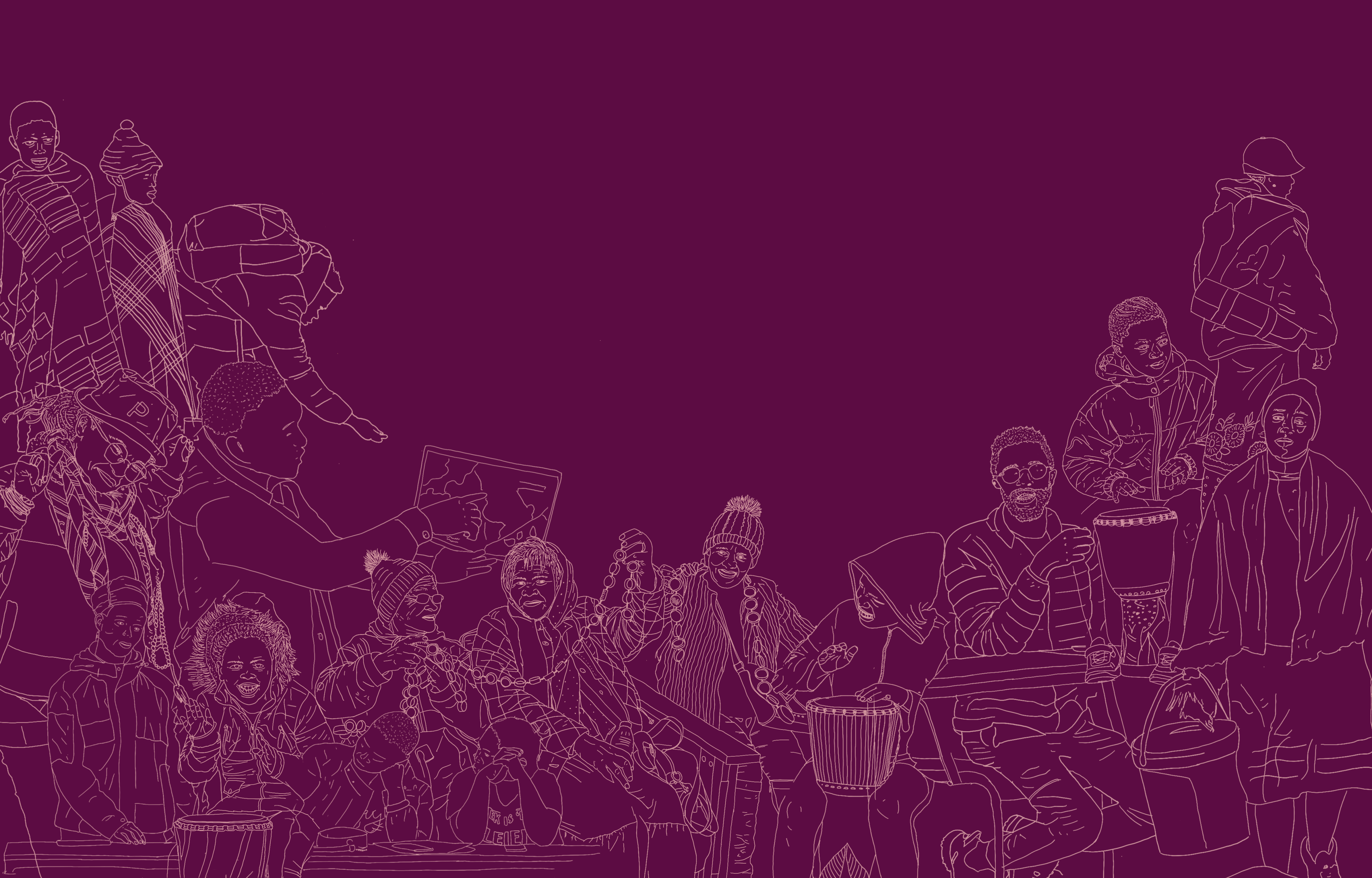
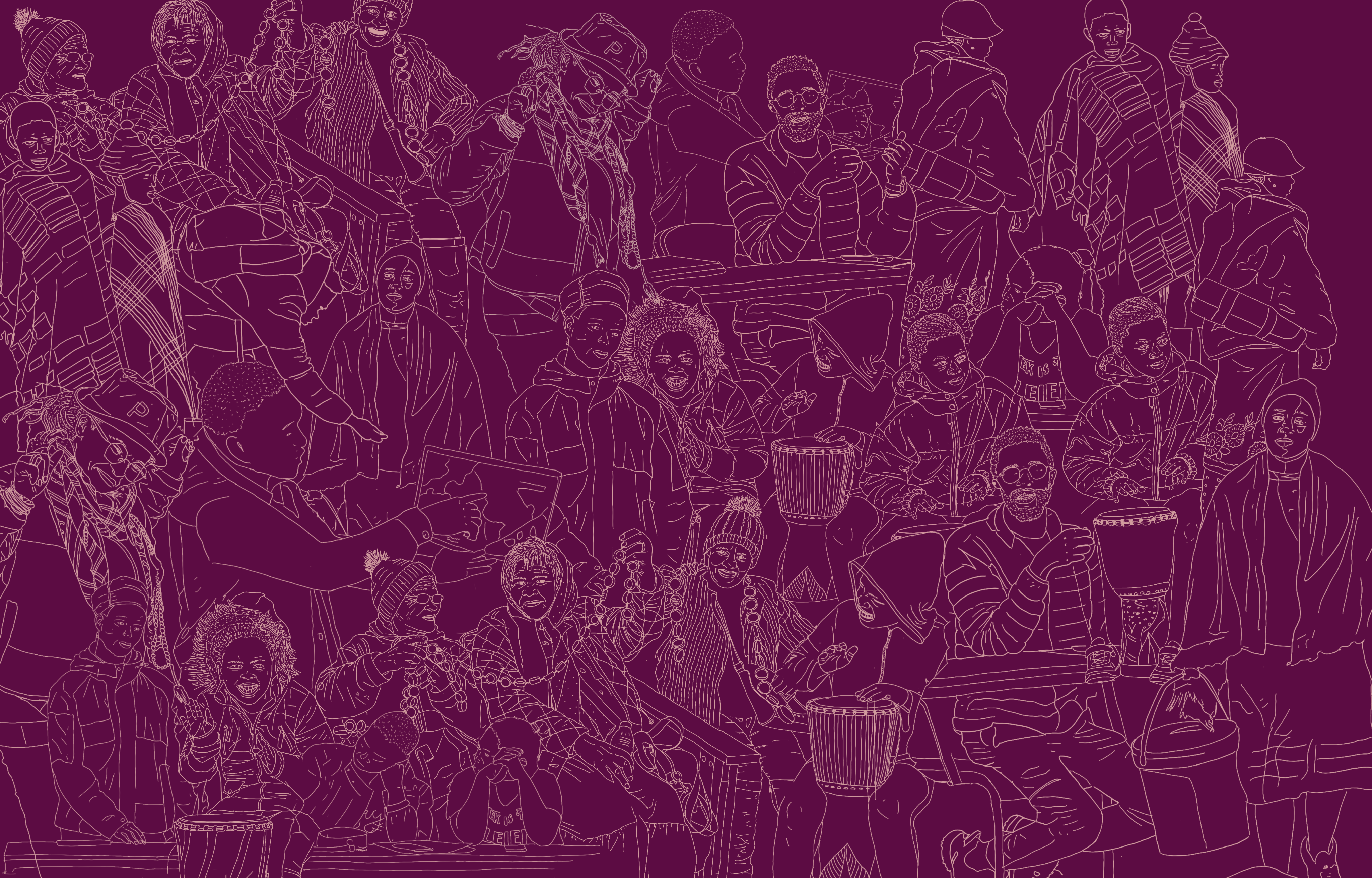
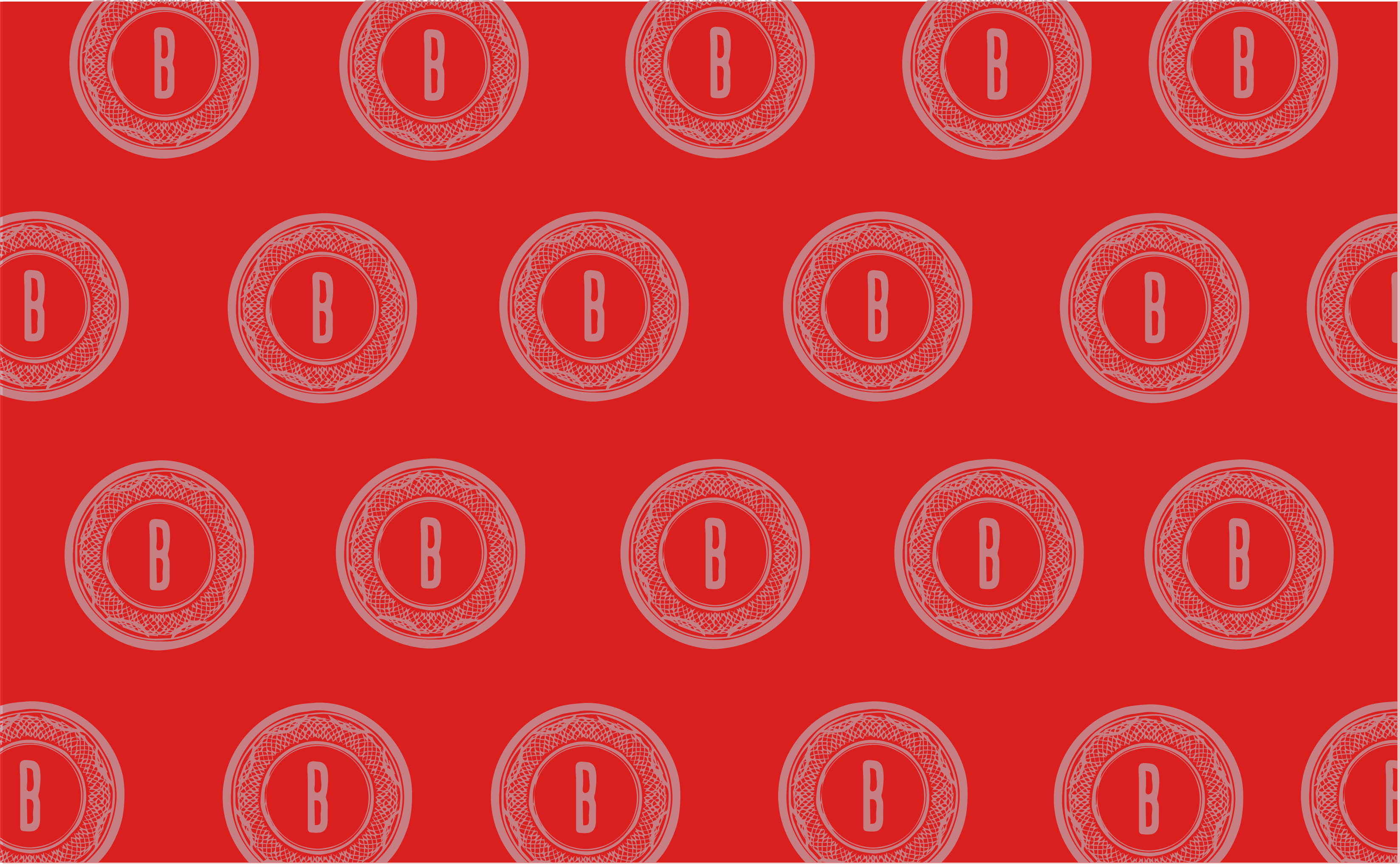


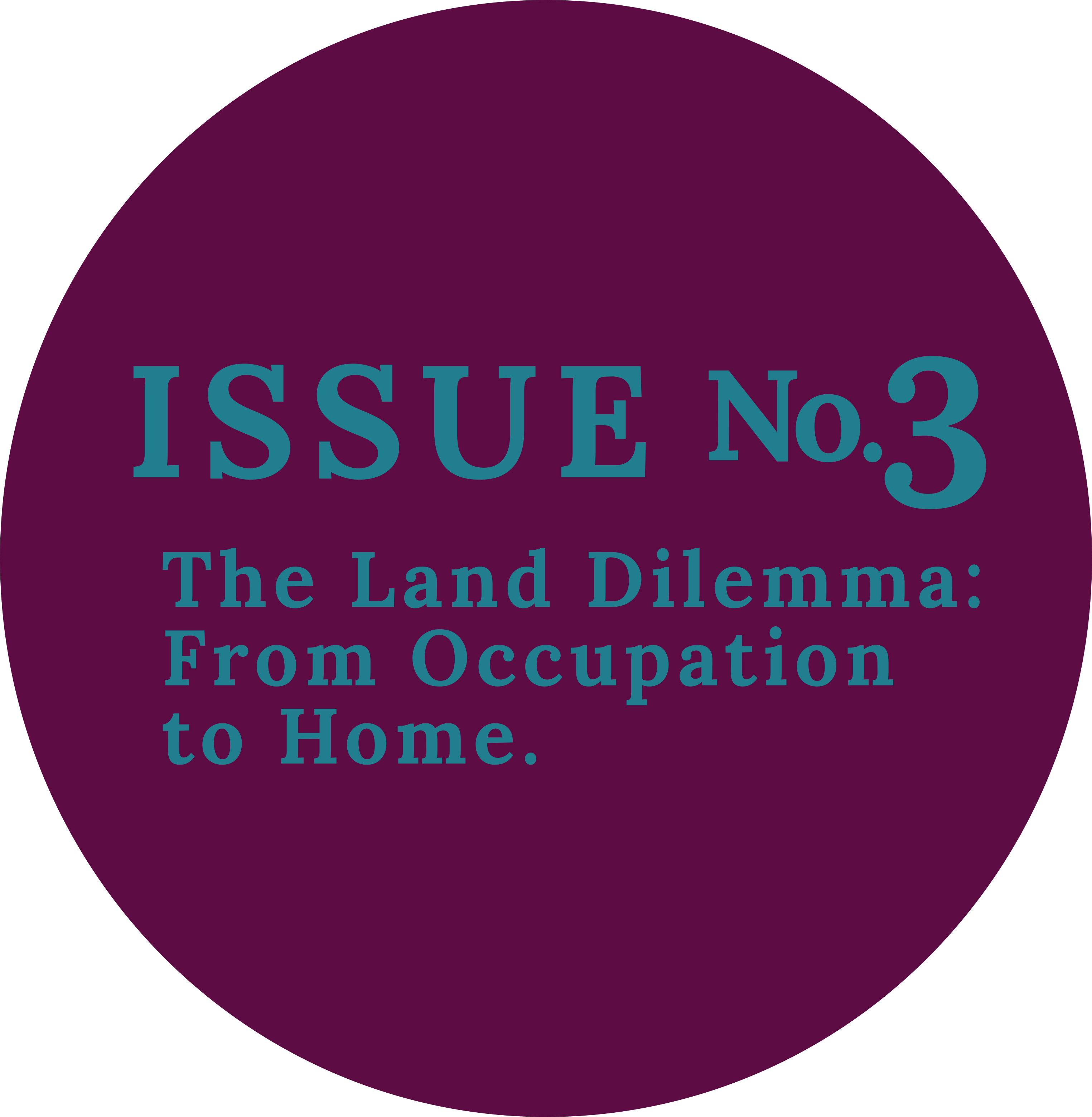




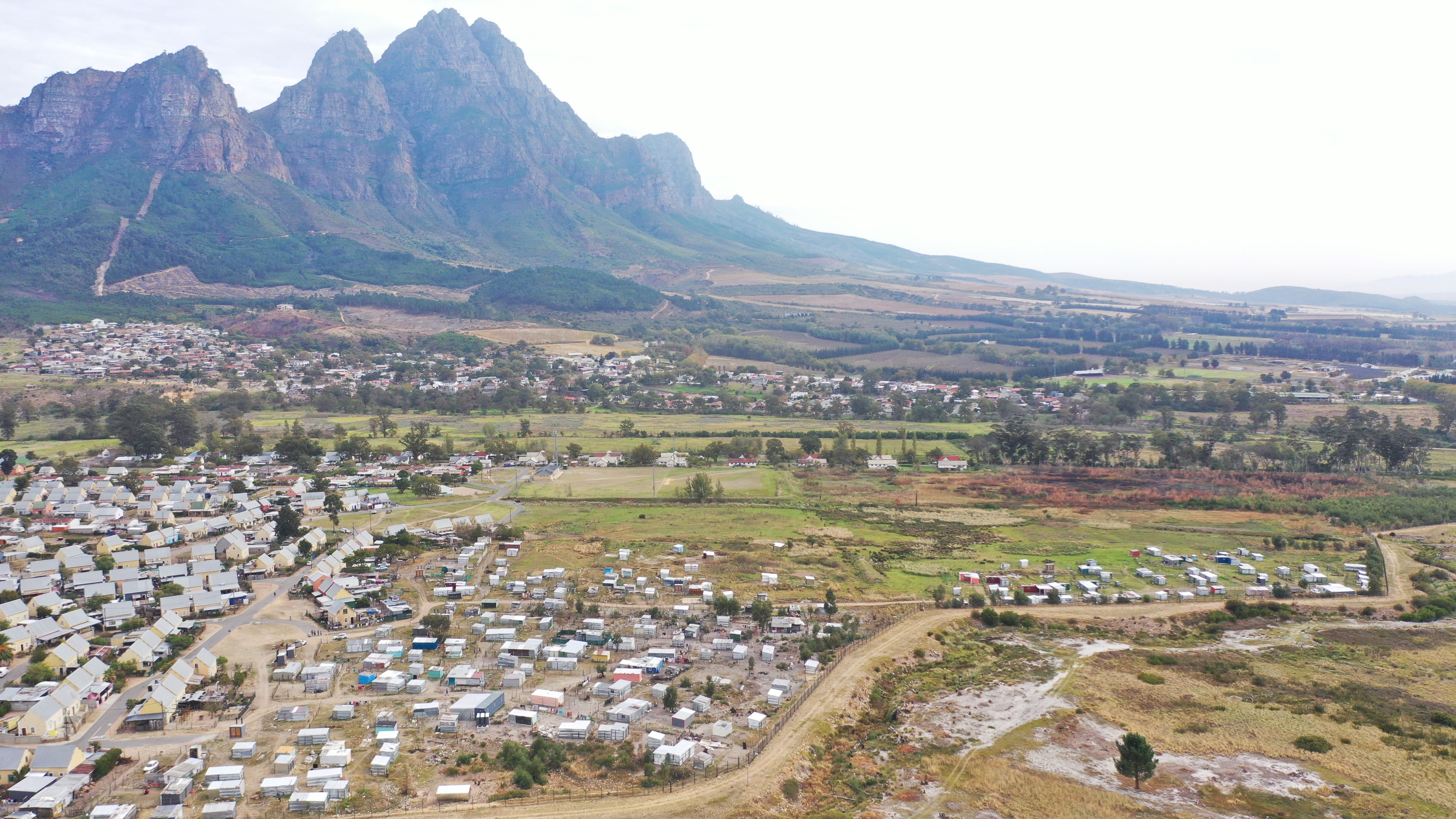
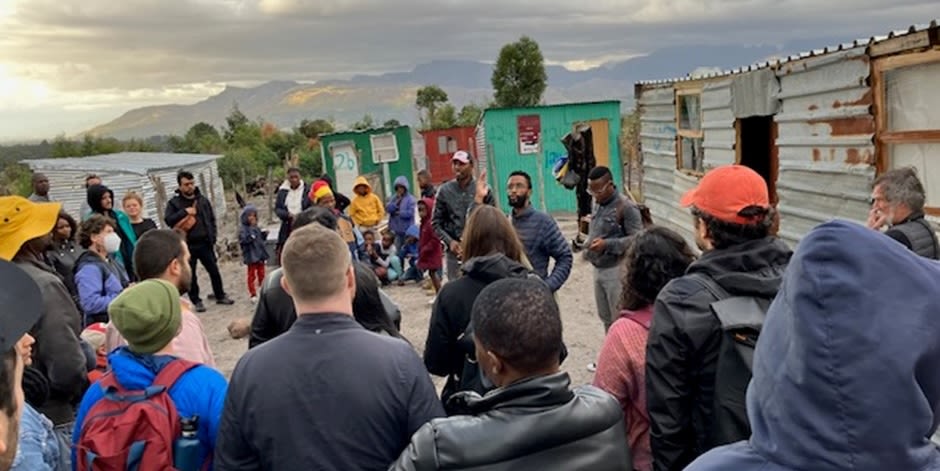
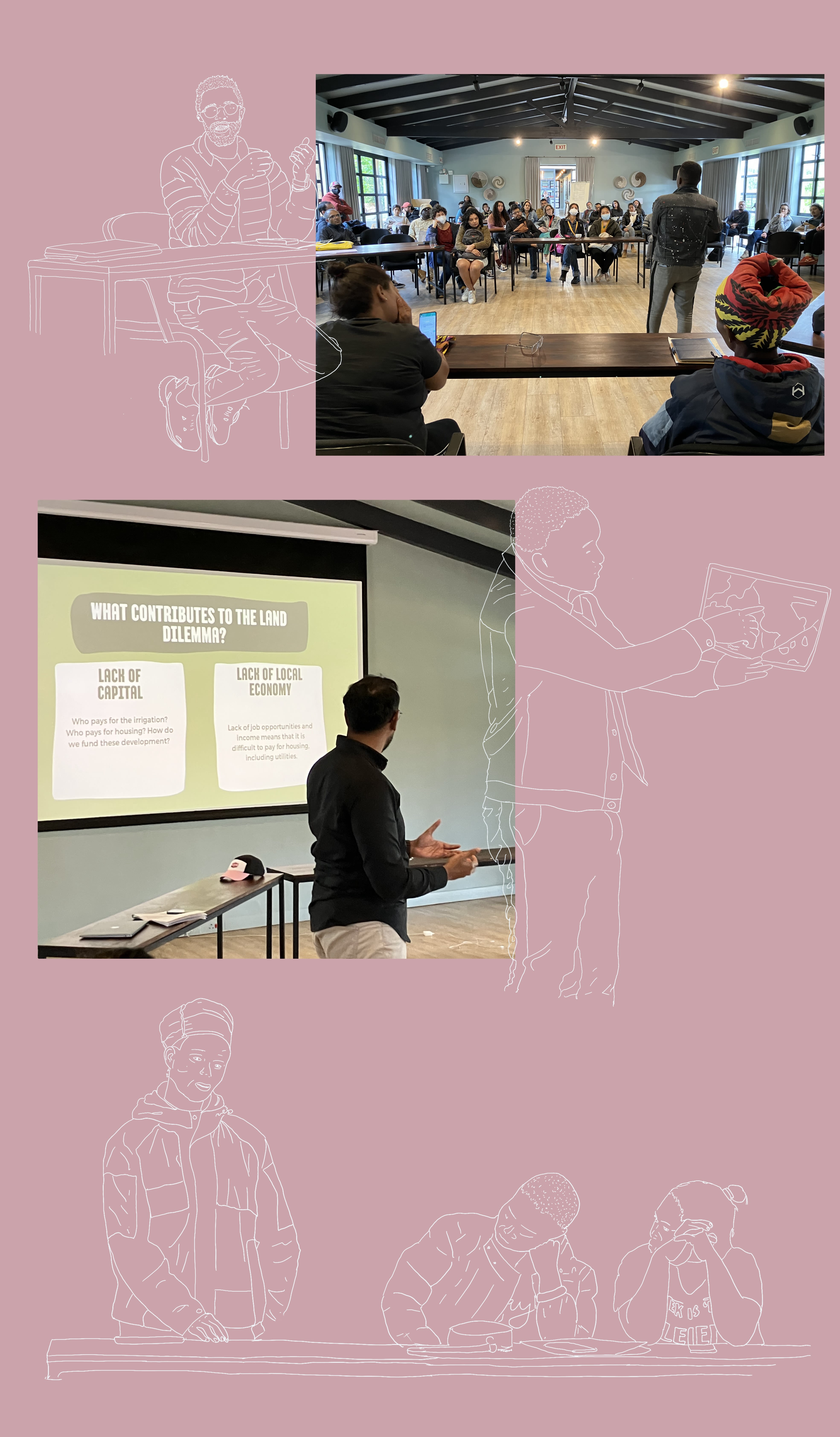
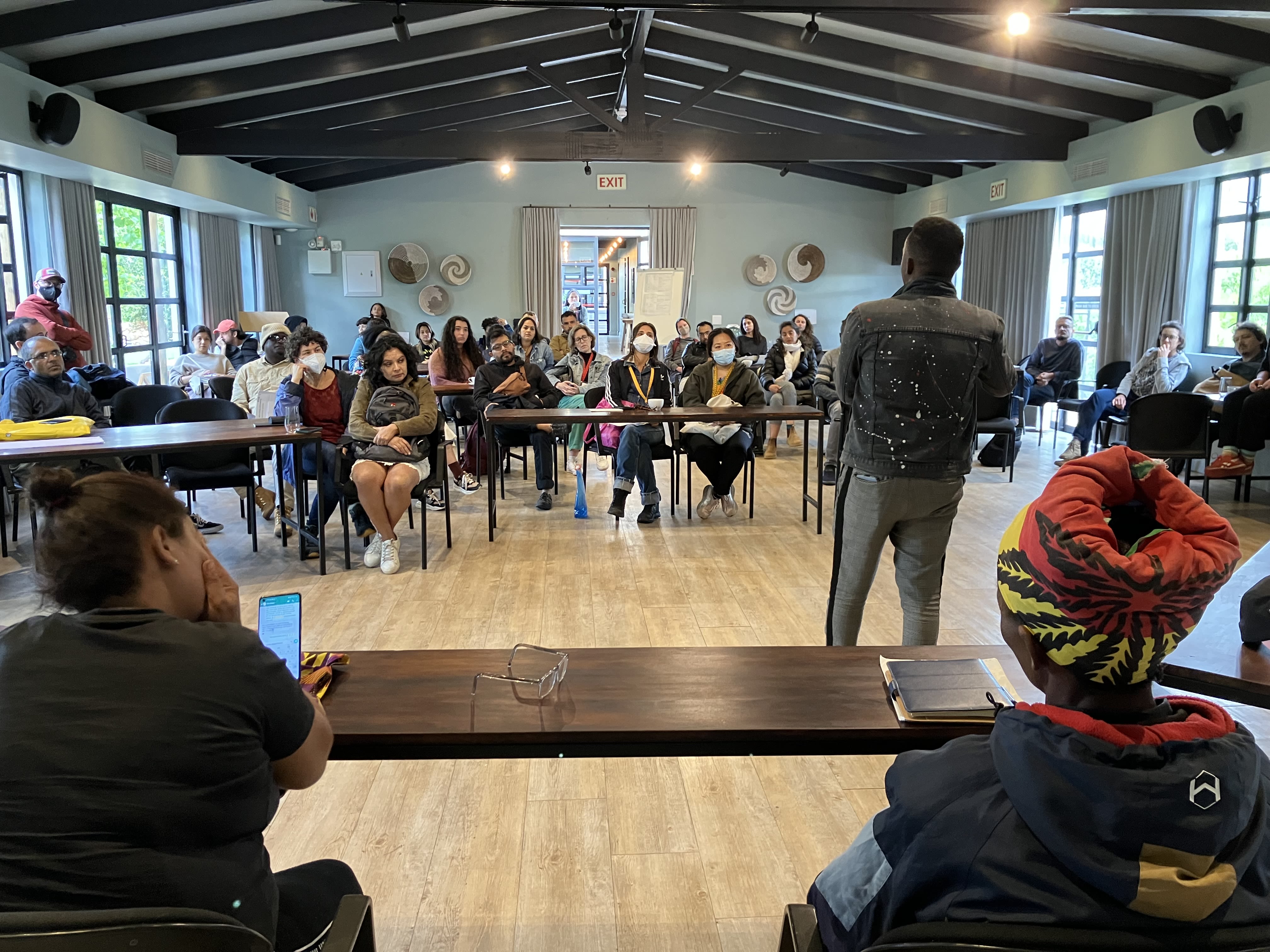
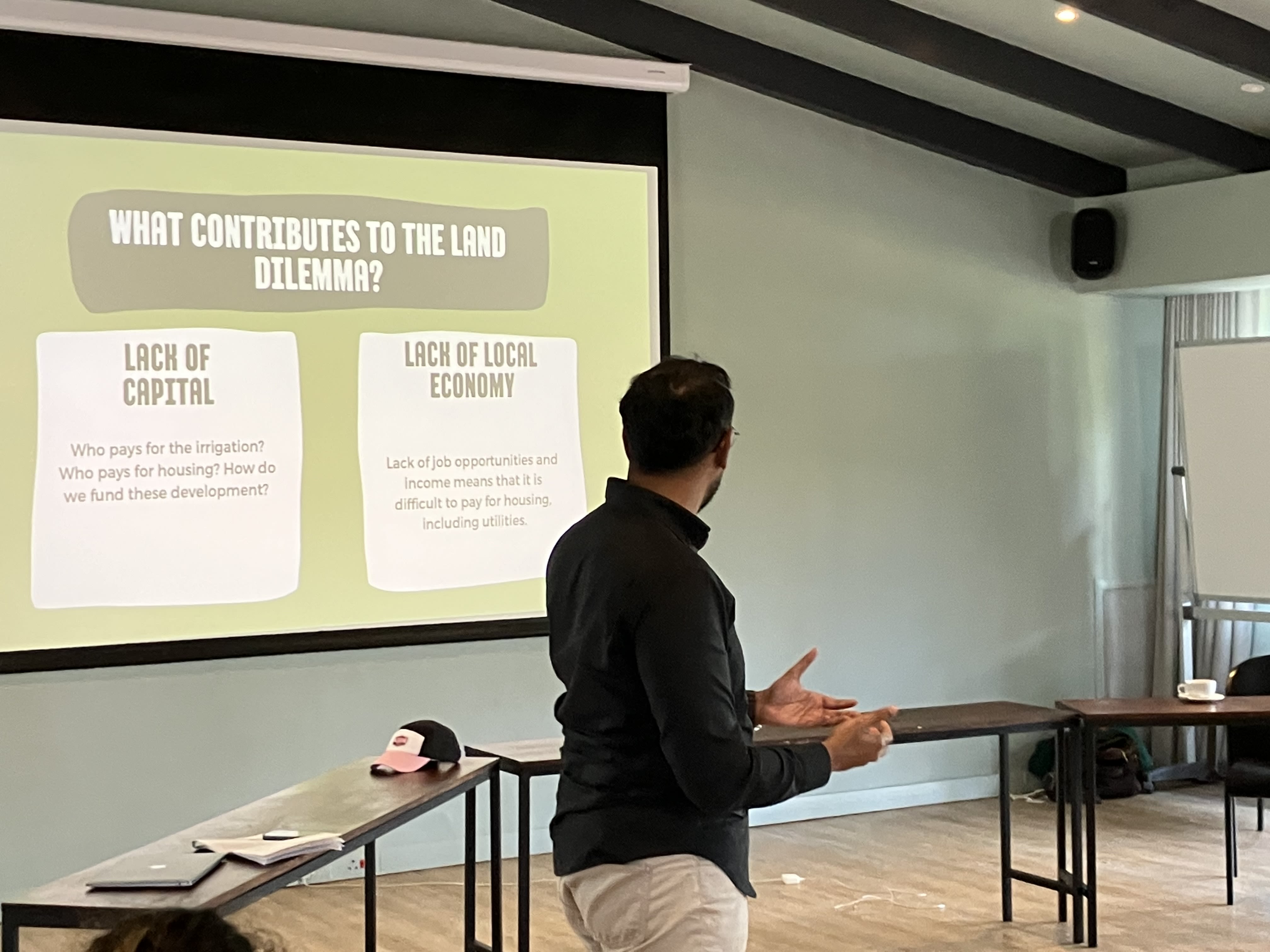
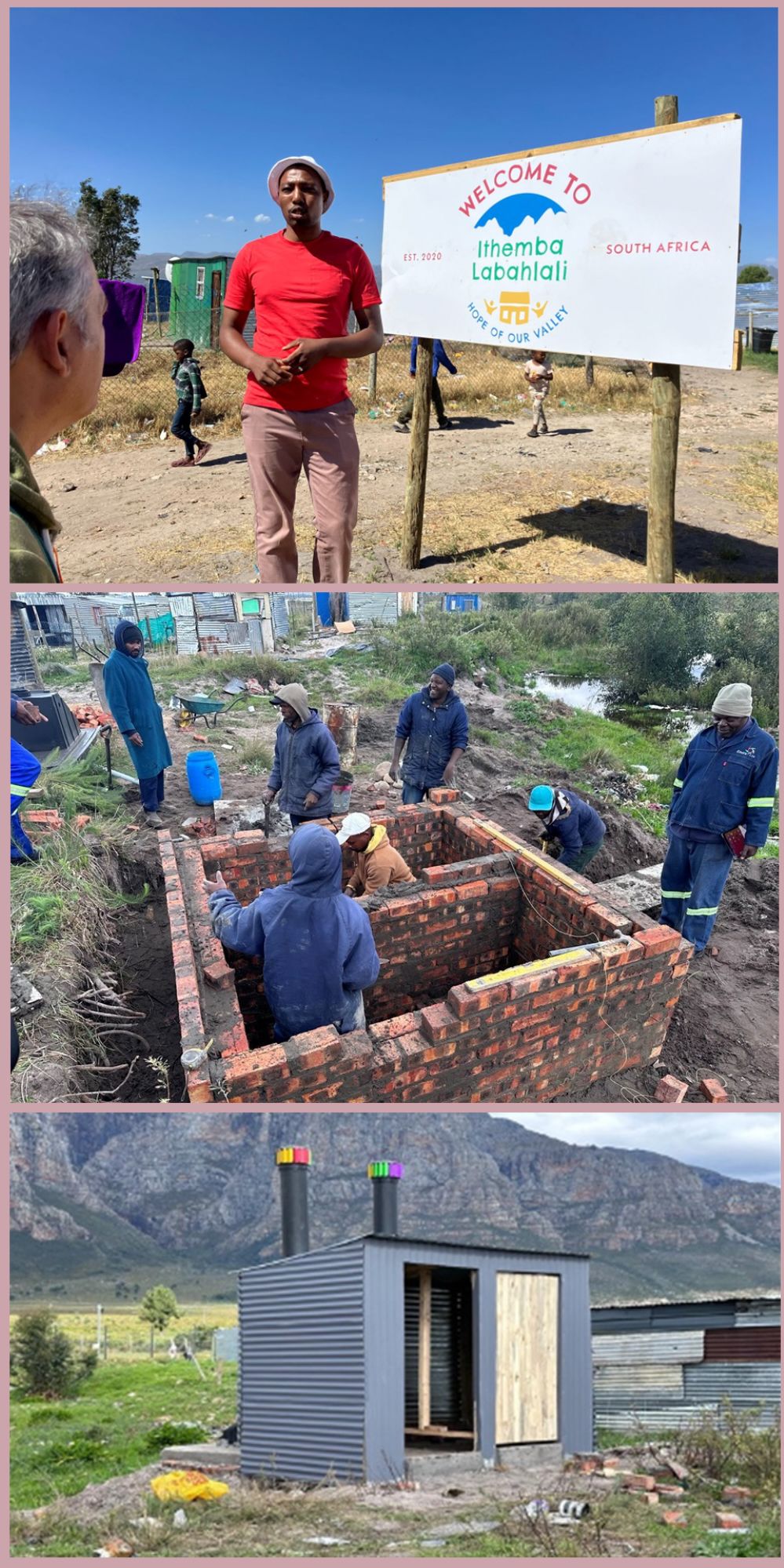
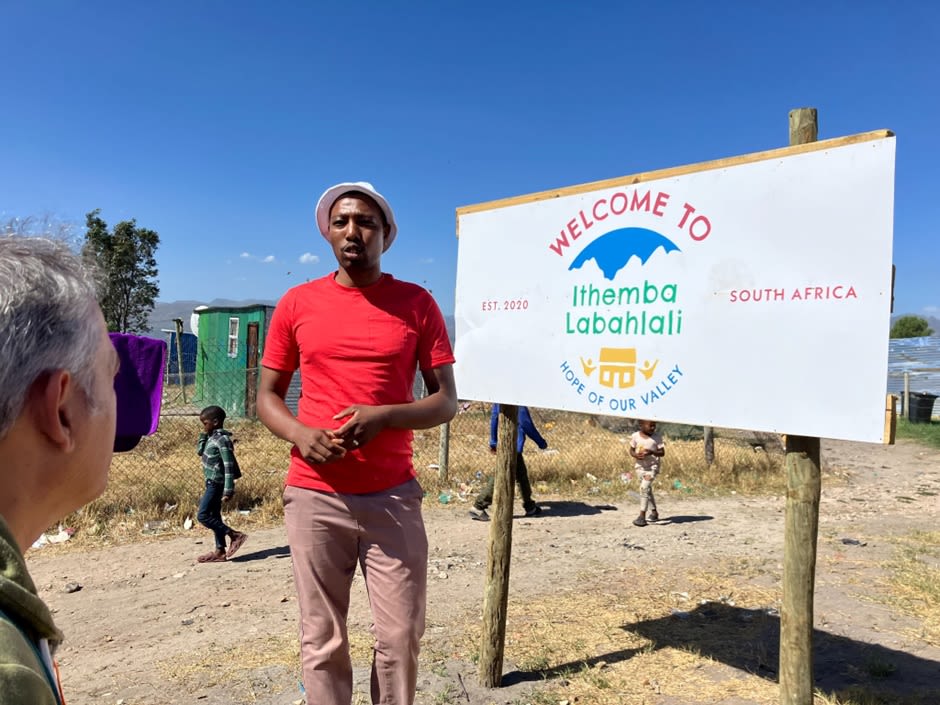
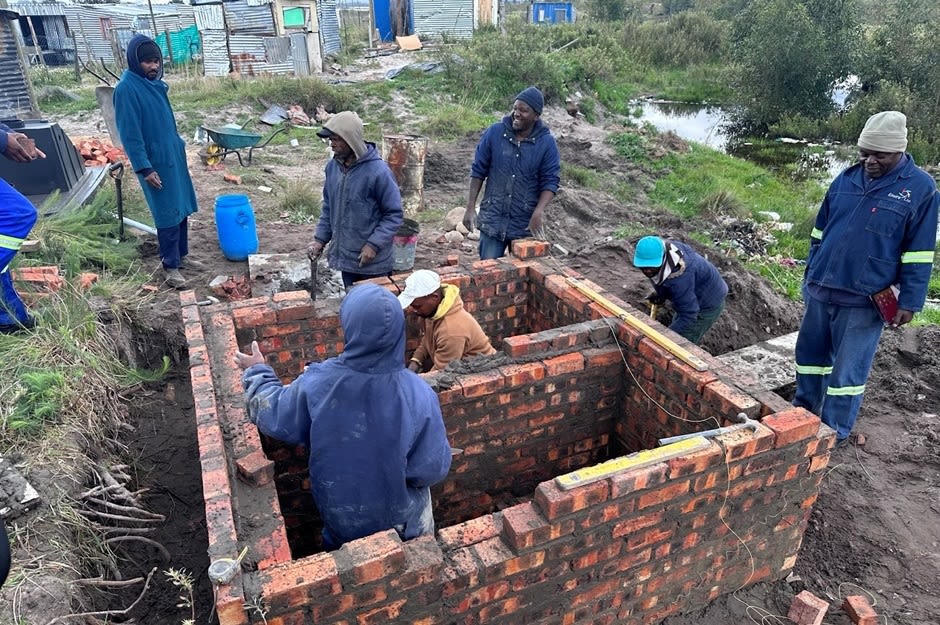
 Built with Shorthand
Built with Shorthand